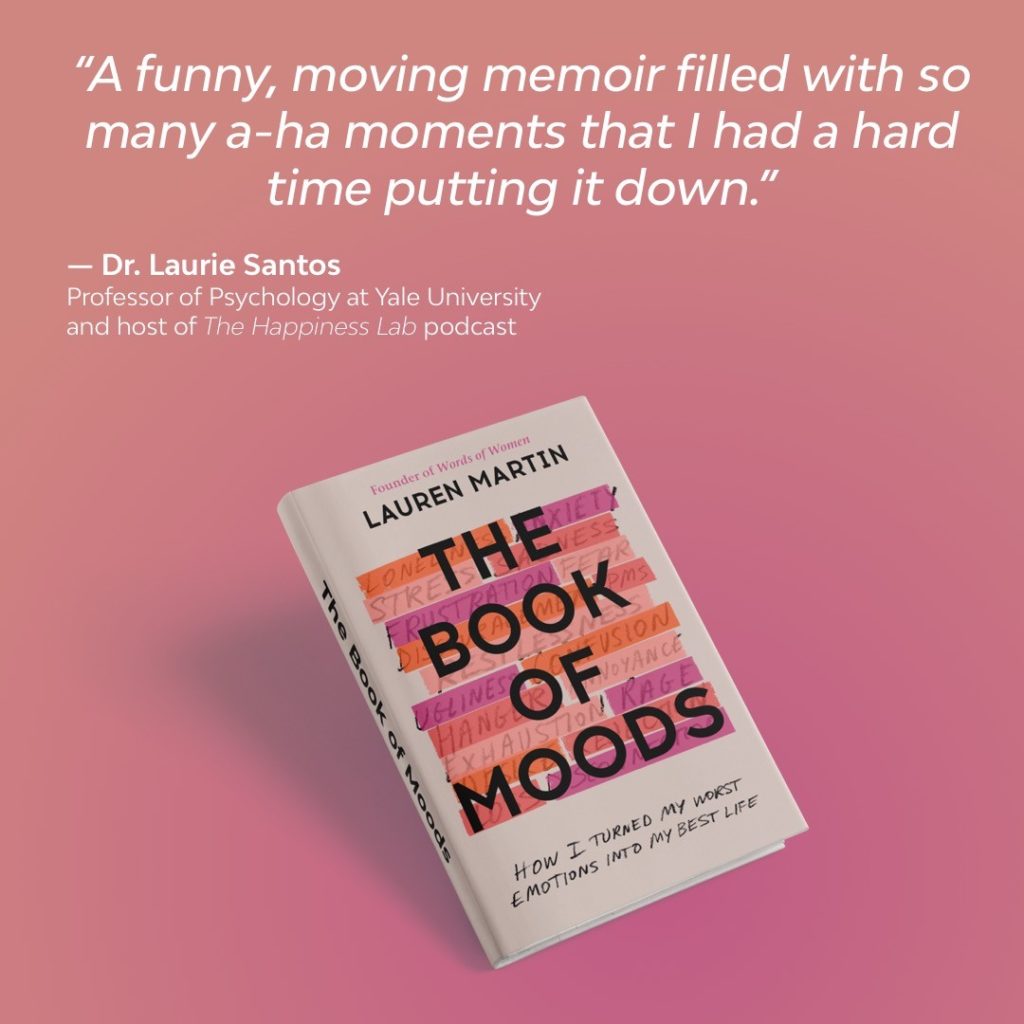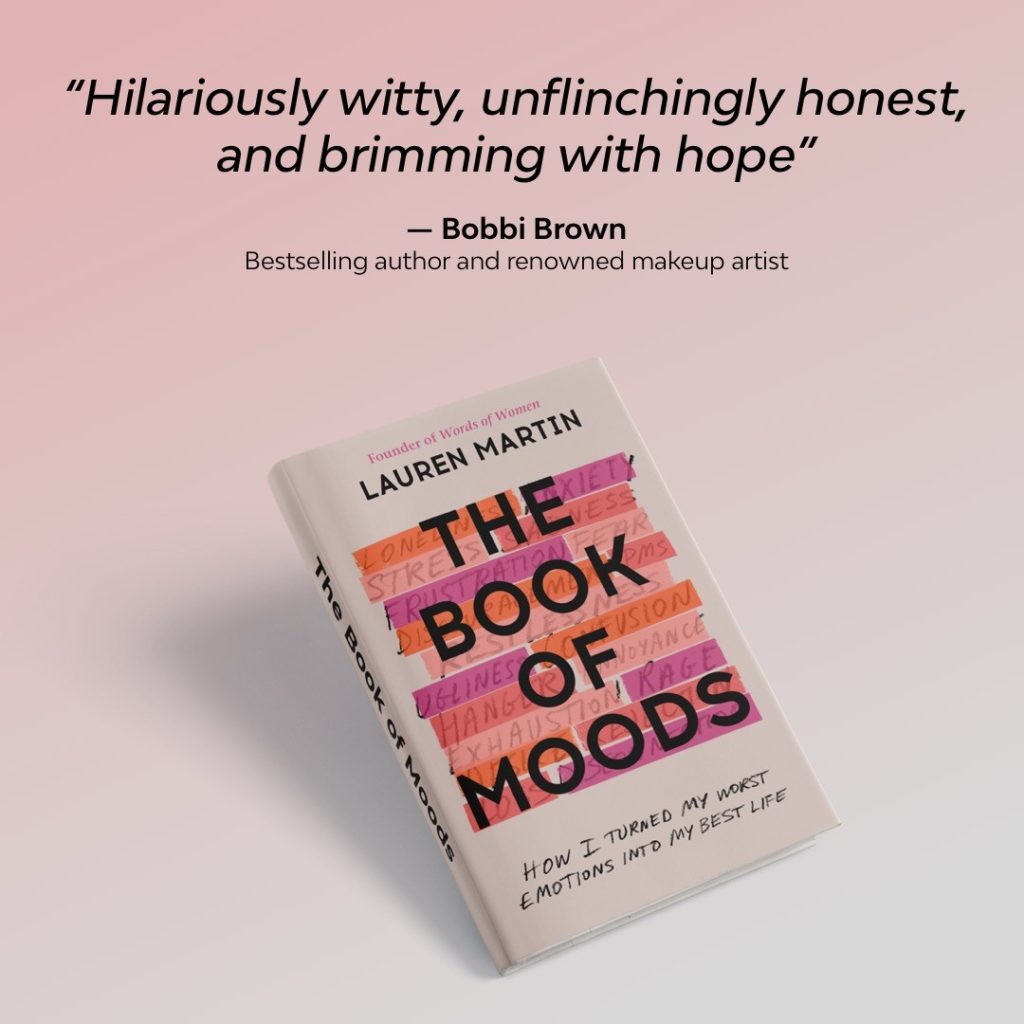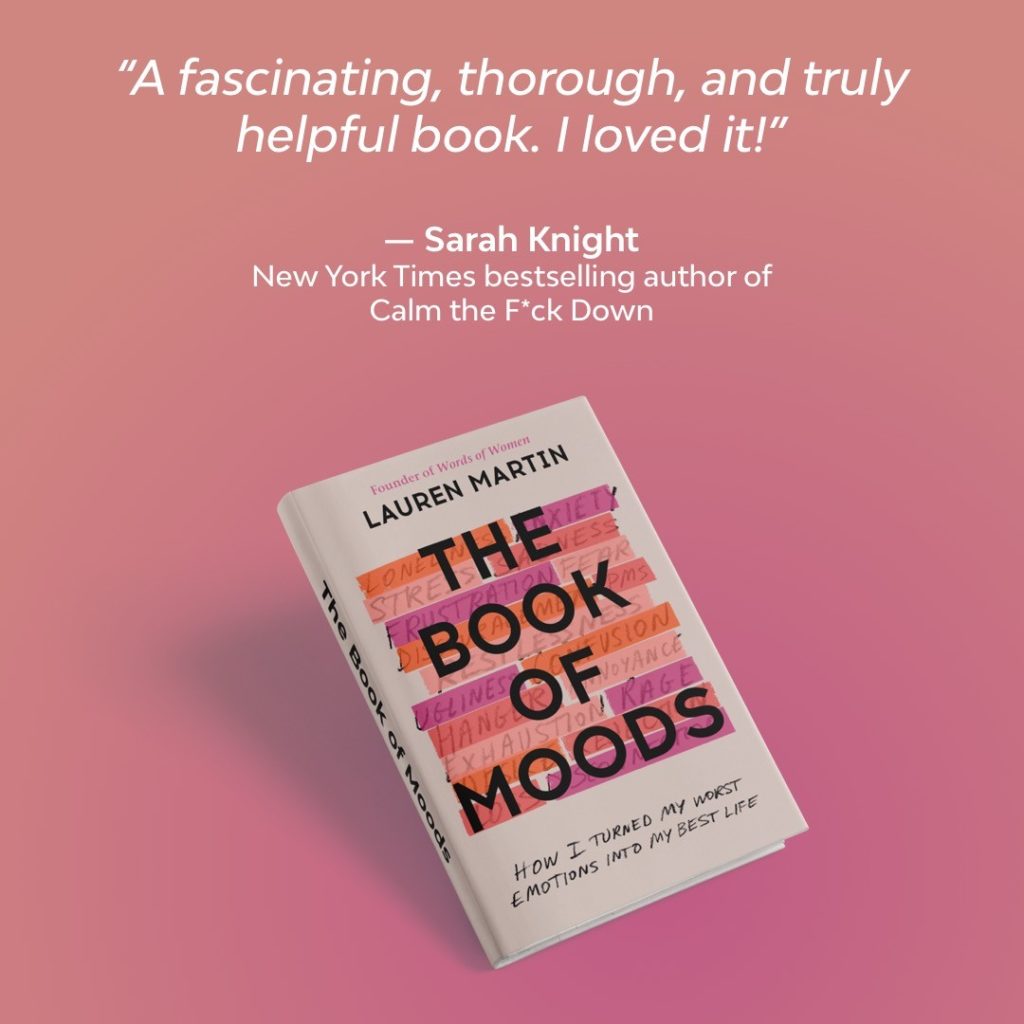I am writing this in bed right now. Two hours ago I got back from a beach holiday. My first vacation in over a year. And while I expected to come home relaxed and refreshed, I find myself unable to sit still, relax, calm down. I can’t focus, read, meditate, because, well, I’m too excited. Because something happened to me last week that I still can’t believe. Something so crazy, so unexpected, so mind blowing that no matter how much I try and ‘turn off’ I am still buzzing.
To be fair, this feeling comes after two months of dread. Two months of panic and anxiety and until last week, a mild depression and sense of loss. But I had just finished my book. After years of work, I should have been feeling happy…relieved…content. That’s what everyone thinks until they write something and then they come face to face with the worst part of writing – the ‘having written’ part.
The ‘having written’ part comes after you submit your final manuscript. When the copyedits are done and the author bio is finalized and you feel the warm rays of light at the end of the tunnel. But then your agent calls you and your editor starts emailing you and they’re asking you for things you don’t know how to do. Things like get people, famous people, to read your book and blurb for it. Because a book is not real until people read it. And a good book is only good if other good people say it is.
I had a visceral reaction to receiving the advanced copy of the book in the mail. And the idea of sending it to strangers, famous strangers, people I looked up to and admired, seemed like a fate worse than death. I mean, what if they don’t like it? What if they validate the dark thoughts that creep in when I can’t sleep at night? That what I wrote isn’t good. That I just wasted years of my life. That my dream is nothing but a farce?
That’s part of the pain of having written. At a certain point you have to accept what you’ve done, what you should have done, and what it will never be. And then you have to put it out in the world. And accept that people may never see it, read it, or worse, like it.
It makes sense, only I am a writer, I told Jay, my husband. I don’t know how to reach out to people. To ask for favors. To put myself ‘out there’ like that. The whole point of becoming a writer was so I never had to do stuff like this – stuff like email and solicit and ask for things. Can’t having written just be enough?
Jay, on the other hand, wouldn’t accept that. Whether it’s because he is a man or in sales, he saw this part of the process as the opportunity. The time when I can reach out to anyone, take a risk, a chance, see who resonates and responds. And the person he thought I should send it to was Dr. Laurie Santos, professor of Psychology at Yale.
For those of you who don’t know Dr. Santos, her class, Psychology and the Good Life, became the most popular course in Yale’s history with over one-fourth of undergraduates enrolled, and during the beginning months of COVID, the school decided to stream her course for free to all who wanted to enrich and enhance their own lives without paying Yale tuition.
After taking her free course online, my husband thought she’d be a great first reader of The Book of Moods. Besides her course, she had a hit podcast which delved into many similar themes of my book. I reminded him that The Happiness Lab was ranked the third most popular podcast in the country, with over 20 million downloads. He thought that made it even more of a case to send to her. I thought it made it even more of a stretch.
“Just send the email,” he advised me. “What harm can it do?” After five days fighting about it with him, then avoiding him, he came into my office and told me if I didn’t send the email he would be disappointed. He thought I was better than this. He thought I had guts.
“Fine,” I acquiesced, mainly just to get him off my back.
After sending the email, I got one back right away. It was an automated one to the effect of: ‘Because Dr. Santos receives over 100 emails a day, do not expect a response.” I walked into my husband’s office to tell him that I told him it was too far of a reach. She wouldn’t even see the email, let alone the book.
An hour later I got an email. She said I could send her a copy. She’d try and read it (if she had time) and if she liked it, she’d let me know. I tried not to get excited. It was one hurdle crossed with another clear one in front of it. I didn’t tell my editor that I’d sent her a copy, nor my agent, nor my mom. I didn’t want anyone to know I thought I could engage and entertain a woman Popular Science deemed one of the “Brilliant Ten” young scientists. More importantly, I didn’t want anyone to know if she rejected it.
For a month I forgot about it. Until I didn’t. There were moments when the idea of her reading it, hating it, and throwing it away crossed my mind and darkness descended. My editor made it clear that by September 1st all reviews and blurbs had to be in, so last week I sat at my computer and wrote the email I’d been dreading. “Hi Dr. Santos, just checking you received the book and would love to hear what you thought of it!”
Silence. After refreshing my inbox sixteen times I made myself get up, work out, and try and forget about it. I knew the chances of her reading it, let alone liking it, were slim to none. But I couldn’t let go of the nagging thought that she hated it. That I made a huge mistake sending it to her. That I was out of my league.
I spent the following twenty-four hours in a state of self-loathing. I was miserable. Depressed. I couldn’t sleep. Eat. Think. I was ashamed. Embarrassed. I thought about all the other people I sent it to, the authors and celebrities, who never responded. Whose silences sat like rejection slips on every surface of my house. Every hour without a response felt like further affirmation that I had failed. That my book was not good.
Two hours later, after I told myself to move on and get back to work, to forget about it, I got an email. It was Dr. Santos. Not only did she read it, she loved it. Not only did she love it, she wanted to know if I would be on her podcast for season 3.
I was stunned. Speechless. And while her review and endorsement of the book mean everything, what I took away more from her email was the power of taking a chance. Of sending the email. Of putting yourself out there. Because while nine times out of ten it doesn’t work, sometimes, when you least expect it, that random shot you take from mid court goes in.
So this is my advice to you – start taking risks with your life. Start putting yourself out there. Use this month, this week, to test yourself. Make yourself send the email, the text, the message. Dare to be bold and strong and uninhibited.
And finally, if you can, please take Dr. Laurie Santo’s recommendation and pre-order The Book of Moods.





Claudia Gorda
Congratulations, this is amazing!
Lauren Martin
Thank you Claudia! xx